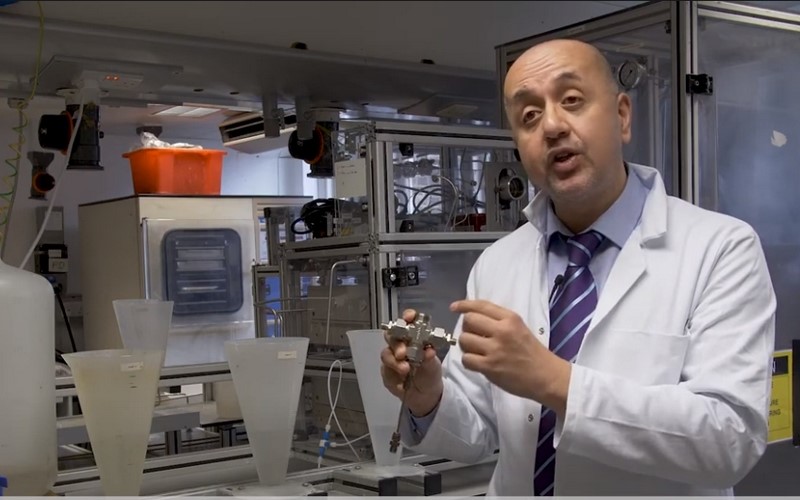
CCEW-12: New and (More) Direct Routes to Bottom Up Synthesis of Complex Advanced Functional Materials
Jawwad Darr is Professor of Materials Chemistry at University College London. He has published over 200 academic publications in advanced functional materials including catalysts and batteries (h-index 50, 9k citations, google scholar), has three patents and has graduated over 45 PhD students (as of 2021). From 2016 to 2021, he was Vice Dean of Enterprise in the Maths and Physical Sciences faculty at UCL in, which he was supporting UCL’s faculty engagement with industry. He has strong research collaborations with industry and is a regular speaker at industrial forums and academic events in a wide range of topics. As well as his own latest research, he teaches on topics related to green chemistry, applications of advanced functional materials (including batteries) and at outreach lectures in the UK and overseas.

In 2017, he co-founded the UPSIGN charity (UK-Pakistan Science and Innovation Global Network; www.upsign.org.uk) that works to support, educate and connect British Pakistani and Pakistani academics. In his UPSIGN work, he is involved in public outreach workshops and lectures, training Pakistani academics and students, and developing training and workshops to support underprivileged undergraduate black and minority Asian students in research. In his spare time, he enjoys dabbling in interior design, reading about the origins of life and evolution, watching/playing association football.

